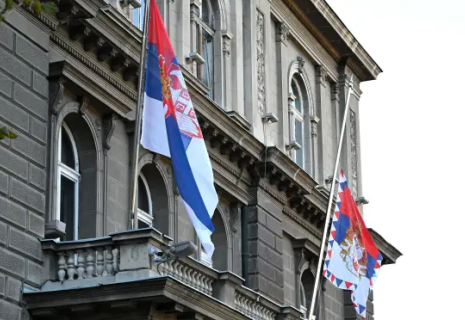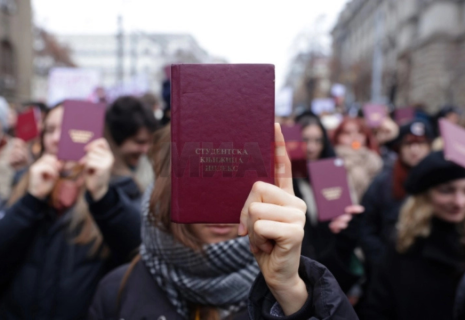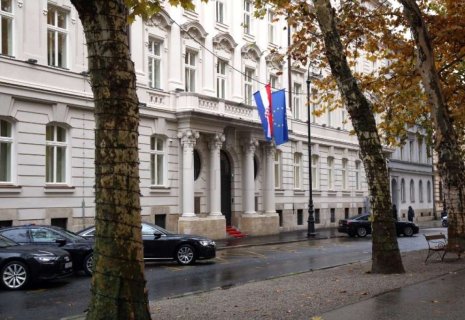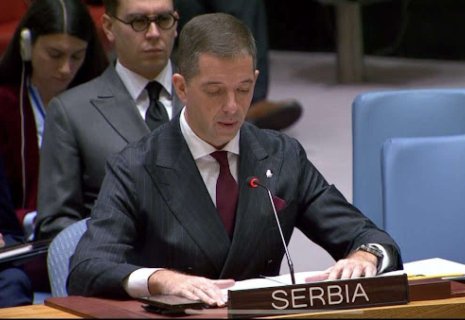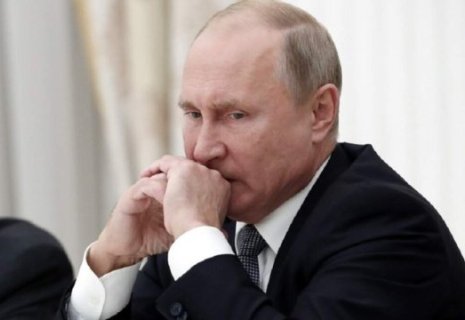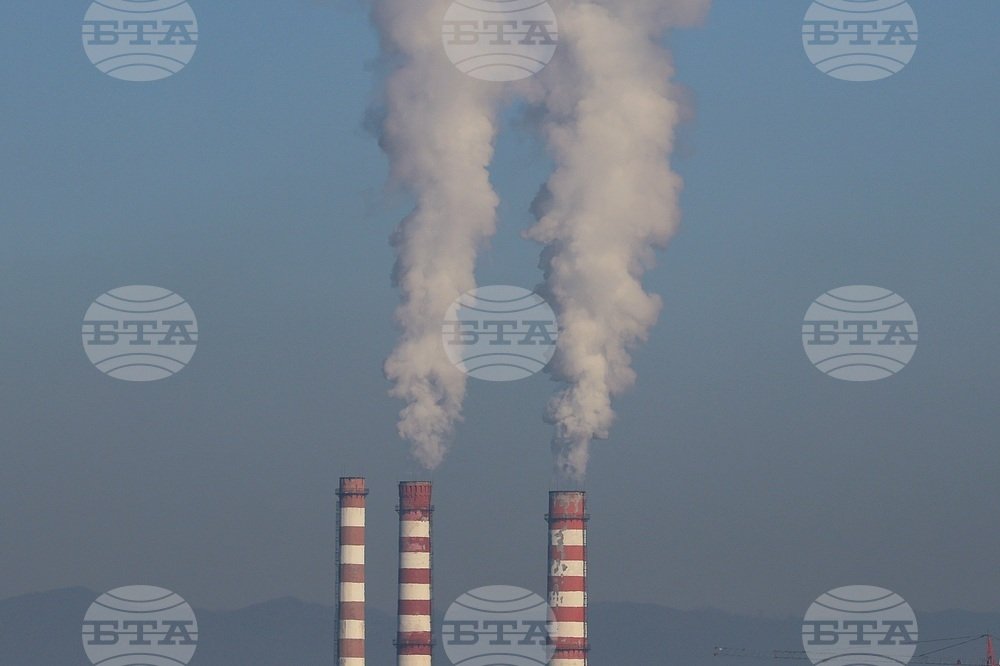
Serbia opens door to nuclear power plants
Serbia, which seeks energy independence and an end to the use of fossil fuels, has lifted a moratorium on the construction of nuclear power plants after 35 years, CE Report quotes BTA.
At the end of November, Serbia's Parliament adopted amendments to the energy law that lifted the ban, introduced in the former Yugoslavia in 1989, three years after the Chernobyl nuclear disaster. Authorities then suspended the country's nuclear programme and shut down the only research reactor in the vicinity of Belgrade, according to France-Presse.
The transition to nuclear power is likely to be a long and expensive process. According to a recent government study, estimates are that the start-up of a new nuclear facility will likely take up to two decades, Serbian media report.
To develop its economy, Belgrade relies heavily on its coal reserves. However, Serbia has committed itself to international acts and the Green Agenda for the Western Balkans to become carbon neutral by 2050, i.e. without carbon dioxide emissions in energy production.
At the same time, Serbia imports almost all of its natural gas from Russia, and Belgrade is seeking to diversify its energy supply, especially after the start of the war in Ukraine. In 2023, Belgrade completed a gas interconnector to Bulgaria, allowing Serbia to access natural gas from Azerbaijan and from the liquefied natural gas terminal at the Greek port of Alexandroupolis.
The amendments to the Energy Law ensure greater energy security for the country in its transition to clean energy, harmonize the local regulatory framework with the EU regulatory framework, and develop the functioning of the energy system, Serbian economic gate Nova Ekonomija writes. Part of the law refers to Serbia's Nuclear Energy Development Programme. The programme is divided into three phases - studying the feasibility of switching to nuclear energy development, developing the programme, and implementing it.
Nuclear experts point out that the lifting of the moratorium does not necessarily mean that Serbia will build a nuclear power plant.
"In fact, the lifting of the moratorium does not mean a decision to build. Right now, we are expecting a strategy for the development of energy to be adopted, in which there is an option with a nuclear power plant, but there is also an option without a nuclear power plant," nuclear energy specialist Prof. Miodrag Mesarovic told Serbian news website Blic.
Bulgaria, Romania, Hungary and Slovenia (together with Croatia) have nuclear power plants in the region.
Mesarovic noted that because of the moratorium, Serbia has lost personnel who could now monitor what is happening and help in decision-making.
In addition to the shortage of staff, the financing of such a large-scale project is also a problem.
Energy expert Miodrag Kapor told Belgrade's media outlet Danas that nuclear power plants should be considered as an option, but he said it remains to be seen whether Serbia has the capacity to implement such an ambitious project in terms of specialized staff, legal regulation and financial means.
"To build a nuclear power plant, a lot of money is needed, specialists are needed, and we also need to think about where the waste will be stored. One can reasonably question whether it is profitable for Serbia to carry out such a project even with the help of a foreign partner," Kapor said.
In August, during French President Emmanuel Macron's visit to Belgrade, an agreement was signed between the two countries in the field of peaceful uses of nuclear energy in Serbia, and in October it was announced that the Serbian Ministry of Mining and Energy had signed a contract with the French state-owned company EDF and the French engineering firm Egis Industries to conduct a preliminary technical study on the possibility of peaceful uses of nuclear energy in the country.
Earlier this year, President Aleksandar Vucic commented that Serbia needs four small modular nuclear reactors, as the country will use four times more energy by 2050 than it does now. In his words, quoted by Tanjug, "Serbia has neither the knowledge nor the money for classical nuclear power plants, which cost between EUR 11 and 13 billion."
At the same time, Serbia is also working on the issue of energy cooperation with Hungary.
On a recent visit by Vucic to Budapest, he announced that he had discussed with Hungarian Prime Minister Viktor Orban the possibility of Serbia acquiring 5 to 10% of Hungary's Paks nuclear power plant.
However, energy expert Miodrag Kapor notes that Serbia's population is projected to decline in the future, industrial activity will not grow significantly, and the country will not require so much energy as to consider building an NPP.
Instead, renewable energy production should be stepped up and facilities such as biogas power plants should be developed, Kapor said.


